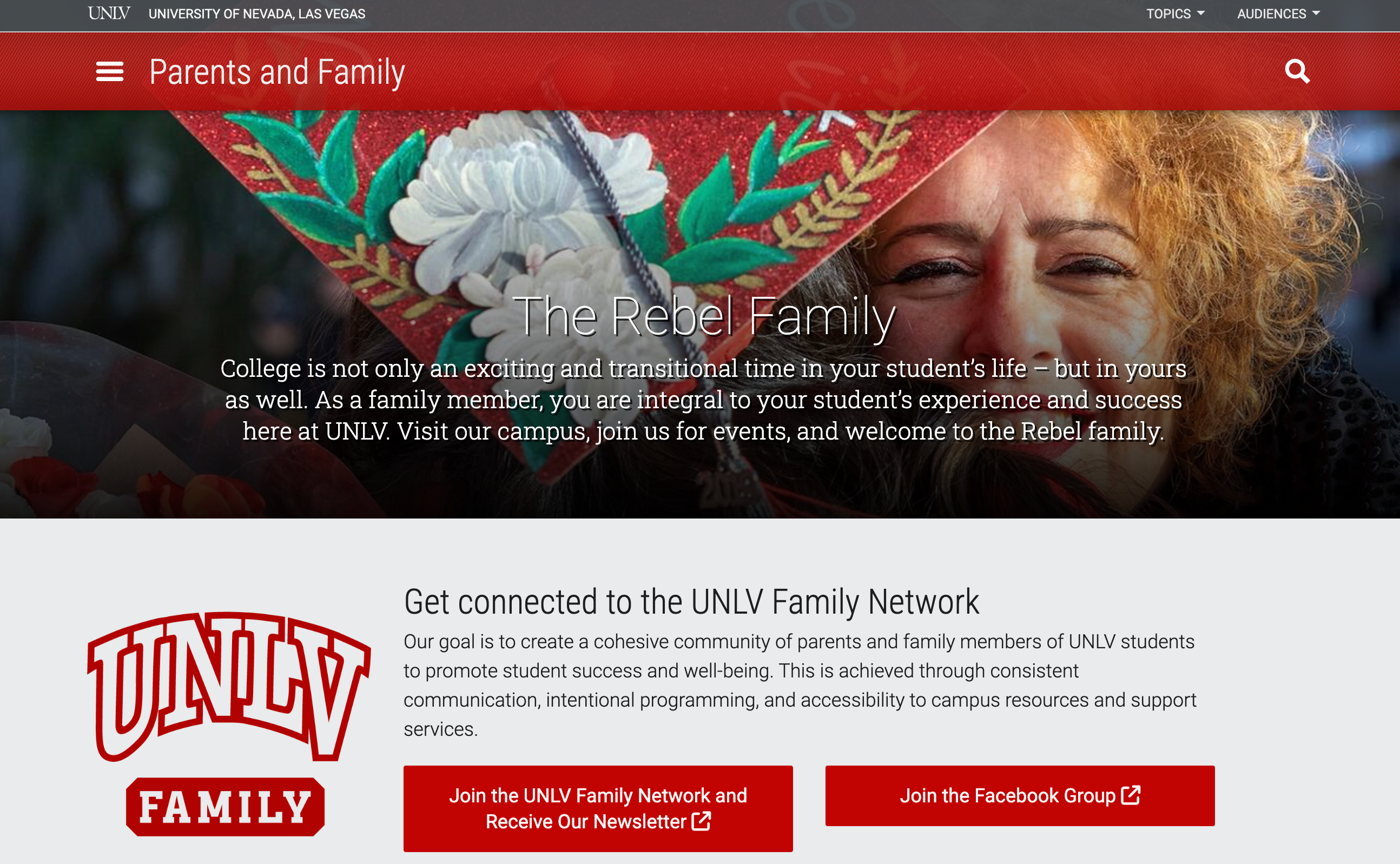Understandig Gen Z is a critical priority for higher education marketers when it comes to recruitment strategies.
This generation, generally defined to have been born between 1997 and 2012, has a unique set of values, preferences, and behaviors that need a tailored approach to student recruitment.
So how to engage them?
As digital natives, Gen Z spends a significant amount of time online, and creating meaningful interactions with them can be challenging.
They value highly personalized experiences and offline interactions.
But taking the time to foster a sense of belonging will lead to improved recruitment results. Read on for some ideas for recruitment strategies to engage Gen Z to create a sense of belonging.
1. Tell your stories with authenticity and transparency
These two traits are values that Gen Z students particularly appreciate (and expect).
If you’re trying to engage them, prioritize honesty and openness in your messaging to build trust with this age group.
They’re quick to see through traditional marketing and expect you to be genuine in your messaging—and actions.
Successful higher education marketers should prioritize storytelling that highlights real student experiences, showcasing how the institution supports and empowers its community.
Here are some ways to do this:
- Share a series of student testimonial videos, where current students share their personal journeys and the challenges they faced, or the impact the institution has had on their lives.
- Empower your student ambassadors to share their experiences on social media or campus events on how to assess which schools are right for them, using their personal example.
- Reach out to alumni and highlight not just their successes but also the road they took to get there, and how the university was a crucial part of this.
- Get student-led groups and clubs to share their perspective on the university and how their group fosters a sense of belonging among them.
- Put a face to the name of student support staff, and have them introduce the various support services offered by your institution, such as counseling, academic advising, or career services.
2. Leverage your digital channels
Gen Z students are highly tech-savvy. They were born with technology and are steps ahead of many of us.
So you have to meet them on their own turf.
Leverage your digital channels to reach them, and don’t stop at social media posting—consider advertising, email marketing, videos, optimized landing pages, and live sessions to engage them.
Here are some ideas:
- Video marketing has been on the rise for years, so consider investing in high-quality video content for social media like immersive campus tours or student life snippets with short videos showcasing different aspects of campus life and student experiences.
- Create campaigns using social media ads to reach prospective Gen Z students.
- Partner with student (nano-) influencers who have a large following among that age group.
- Host social media Live/Streaming sessions with FAQs.
- Use Stories or temporary posts to offer “behind-the-scenes” special content.
- Get current students on board to create User-Generated Content (UGC) campaigns, where they can share their own content or experience of your institution.
- Gamify the experience, and use challenges and contests to get your Gen Z prospective students to participate and interact with you.

Nano-influencers like ThatOxfordGirl can get results by engaging young prospective students
3. Mind the parents
University of Nevada, Las Vegas has a page dedicated to parents of future university students
Parents have a big role to play in the decision of their Gen Z kids’ on which university to attend, and it’s a mistake to forget them.
You should engage them early on in the recruitment cycle, by creating digital activities and hosting events specific to them.
What do they want to know?
Financial information, where their kids will live, career pathways, what kind of supports are available to their children, campus safety and more.
Here are some ways to engage them:
- Encourage them to get involved through online and social groups.
- Create useful and clear email campaigns targetted to them.
- Create parent-focused landing pages with the kinds of information that speak directly to parents.
- Feature parent stories and success stories of their children (or alumni) who went to your university. You might even create a parent ambassador program.
- Host in-person or online parent information sessions focused on the information above, and invite current parents to share their experiences and answer questions from prospective parents.
4. Use marketing automation
Once your content strategy is set, consider marketing automation to nurture your leads and drive enrollment.
How do you do this?
You can use your CRM and marketing automation software to streamline your processes, for example by using your CRM to automate personalized email campaigns and track lead engagement.
You can tailor this to your own institution, by segmenting your audience, developing more personalization, and then tracking key metrics (more on that below!).
Ideally, you should integrate your CRM and marketing automation software with your other university systems, as well as marketing tools like social media platforms to create a seamless marketing workflow that’s easier to manage.
Lastly, don’t forget personalization, which is key for this demographic. Gen Z expect it, so let this trickle into your marketing strategies; for example, if you’re hosting a campus event, allow prospective students to chat to current students, faculty, or student support staff to help build the connection.

Check out more on marketing automation in our blog post from earlier this year
5. Leverage data and analytics
With your strategy in place, it’s important to be able to optimize your campaigns, and you can only do that if you’re measuring results.
You can use Google Analytics, to track key performance indicators (KPIs) throughout the enrollment funnel.
Keep an eye on website traffic but more importantly on conversion rates, tracked through with email open/engagement rates, and social media engagement
This will help you make better data-driven decisions and refine your campaigns so you can engage and better connect with Gen Z students.
What kind of strategies are you using to engage Gen Z? Share and showcase your campaigns with us.

:format()//media/Five-strategies-to-win-over-and-recruit-Gen-Z-students---RQ.png)
